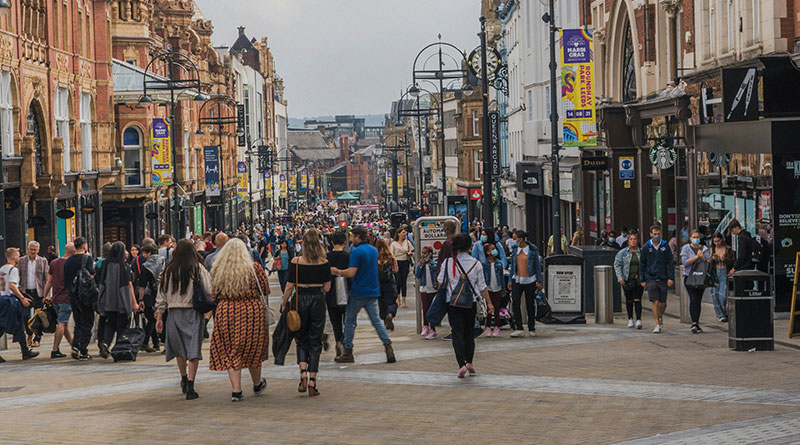Labour Manifesto Pledge to Reform Business Rates

Labour has promised councils multi-year funding settlements and an end to “wasteful competitive bidding” in its general election manifesto, and also pledges to replace business rates with an alternative which would “raise the same revenue but in a fairer way”.
Labour says: “The current business rates system disincentivises investment, creates uncertainty and places an undue burden on our high streets. In England, Labour will replace the business rates system, so we can raise the same revenue but in a fairer way.
“This new system will level the playing field between the high street and online giants, better incentivise investment, tackle empty properties and support entrepreneurship.”
Labour also promises to cap corporation tax at 25% for the entire parliament Retain permanent full expensing for capital investment and the annual investment allowance for small business
CAMRA Chairman Nik Antona said:
“CAMRA members will be pleased to see that Labour’s manifesto includes a commitment to change the outdated business rates system to make it fairer between online enterprises and bricks and mortar businesses like pubs which are massively penalised in the current system.
“Any changed system must make sure that pubs no longer pay a disproportionate share of rates and that a new, fairer business rate regime recognises their community value to help keep our locals open and thriving as a vital part of our social fabric.”
“Whilst it does not feature in the manifesto, CAMRA looks forward to working with Labour MPs in the next Parliament to develop their policy for a ‘community right to buy’ giving local communities in England a right in law to have first refusal on buying privately-owned community assets which would be a gamechanger for people who want to save and take over the running of their local pubs if they are under threat of closure, conversion or demolition.”
Helen Dickinson, chief executive of the british retail Consortium said:
“Labour recognises the current business rates system is broken – limiting business investment and leaving many retail premises empty.”
“Retailers will want to see the details of what any replacement to our current system would look like. It is essential any new system brings down the disproportionate burden on retail, which currently pays 22% of the total rates bill, while accounting for 5% of the economy. Such reforms have the potential to incentivise vital investment and help diverse shopping destinations to thrive.”
“While any plans are being consulted on, it is vital the current multiplier is frozen. Any solution must acknowledge that today’s customers shop both on our high streets and online and efforts to create a fairer system must not harm their ability to get high quality, affordable items, however they choose to shop.”
